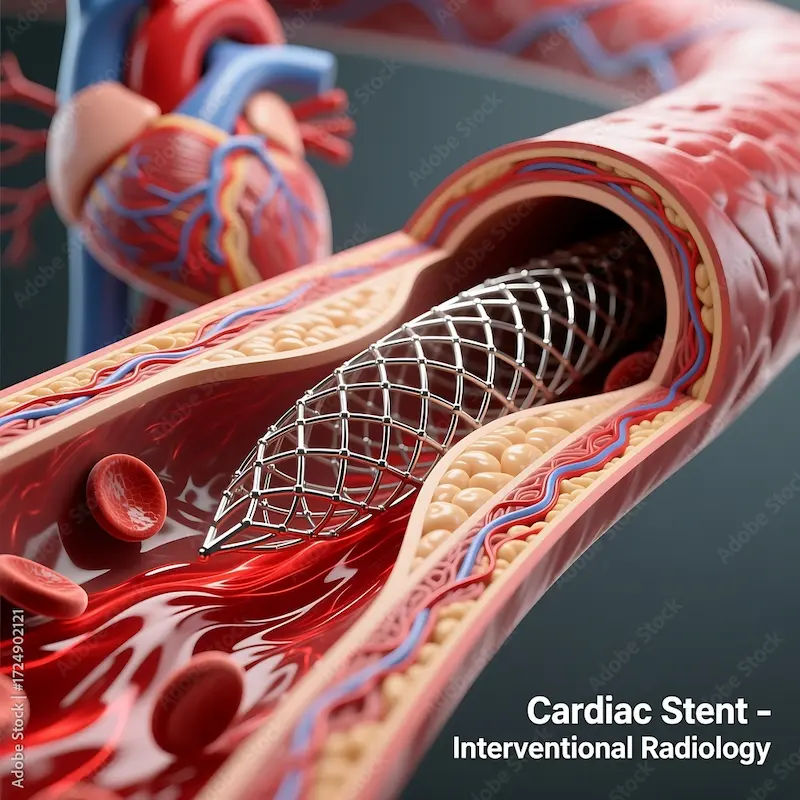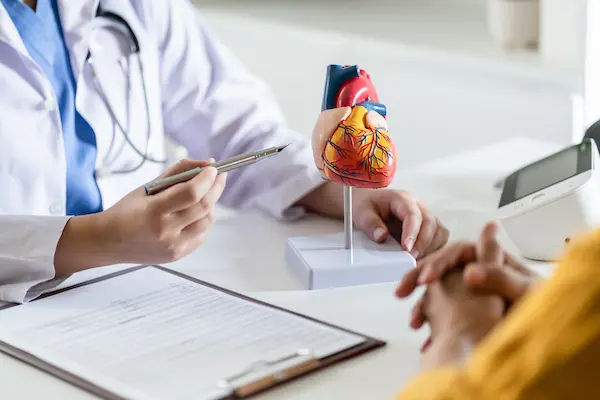- Male
- 20 Years
- 22/01/2025
I'm 28 and just got my echo results. It says I have a mitral valve prolapse with mild mitral regurgitation and a tricuspid valve prolapse with mild tricuspid regurgitation. My LEVF is 60, and my heart rate is 110. Should I be worried about these findings? Is this something serious?
Answered by 1 Apollo Doctors
Based on your echo report, the presence of mild mitral valve prolapse and regurgitation, as well as mild tricuspid valve prolapse and regurgitation, along with a left ventricular ejection fraction (LVEF) of 60% and a heart rate of 110 beats per minute, indicate some abnormalities in your heart function. While mild valve prolapse and regurgitation are common and may not cause significant issues, it is important to monitor them regularly. To address the mild regurgitation and prolapse, you can take medication such as beta-blockers like Metoprolol Succinate (Toprol XL) to help regulate your heart rate and reduce strain on the valves. Additionally, you may benefit from ACE inhibitors like Lisinopril (Zestril) to help manage any potential heart failure risk. It is essential to follow up with your healthcare provider for further evaluation and management of your heart condition. Regular monitoring and lifestyle modifications, such as maintaining a healthy diet, exercising regularly, and avoiding smoking, can also help manage these conditions and prevent any serious complications.
Dr. Ibrahim Suggests...
Consult a Cardiologist
Answered 04/07/2025
0
0

More Cardiology Health Queries
View allI've been experiencing some pain in my left armpit and the far left side of my chest, near the armpit, for almost an hour. It's not super sharp, but it's definitely something I've never felt before. It went away after a while, and I feel fine now. Do you think I should be worried about this?
Electrocardiogram is advised ,kindly review with the reports..
Answered by 1 Apollo Doctors
I'm really worried after reading something about the COVID vaccine increasing the risk of blood clots and heart attacks, especially for people with high hscrp levels. My husband, who's 32, recently had an hsCRP test, and it came out to 1.7mgL. His cholesterol is also 227 with an LDL of 148. Should he think about starting ecosprin 75mg a week before he gets vaccinated and keep taking it for a few weeks after? I'm just trying to make sure we're doing everything we can to avoid any risks related to the vaccine. What do you suggest?
Elevated hs-CRP levels can indeed be a risk factor for blood clots and heart attacks. However, the decision to start taking ecosprin (aspirin) as a preventive measure should be made after consulting with a healthcare professional. In your husband's case, with an hs-CRP level of 1.7mgL, it is not considered very high. The current guidelines do not recommend routine aspirin therapy for primary prevention in individuals with low to moderate cardiovascular risk. It is important to consider the overall cardiovascular risk profile of your husband, including factors such as age, blood pressure, smoking status, and family history of heart disease. I recommend discussing these results with a healthcare provider to determine the most appropriate course of action regarding aspirin therapy before and after covid vaccination.
Answered by 1 Apollo Doctors
I'm really worried about my 4-year-old who has a 2mm PDA hole in their heart. If we wait another six months before doing a device closure, what kind of impact could that have?
paediatric cardiologist opinion.
Answered by 1 Apollo Doctors
Disclaimer: Answers on Apollo 247 are not intended to replace your doctor advice. Always seek help of a professional doctor in case of an medical emergency or ailment.



